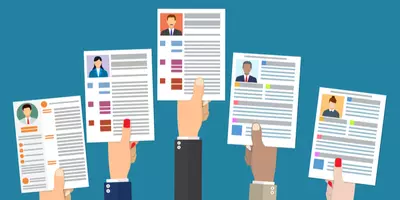
May 12, 2016 ● Peter Jones
5 Things You Should Never Put on Your Resume
We all know how crucial a resume can be. It’s the document that gets you past the computer, through the door, into the interview. And you can’t get the job without getting through those stages. You’ve added in all the things you’ve been told are resume must-haves, but have you considered there might be a few things you should take out of your resume? Here are 5 things that you should delete from your resume as soon as possible.


